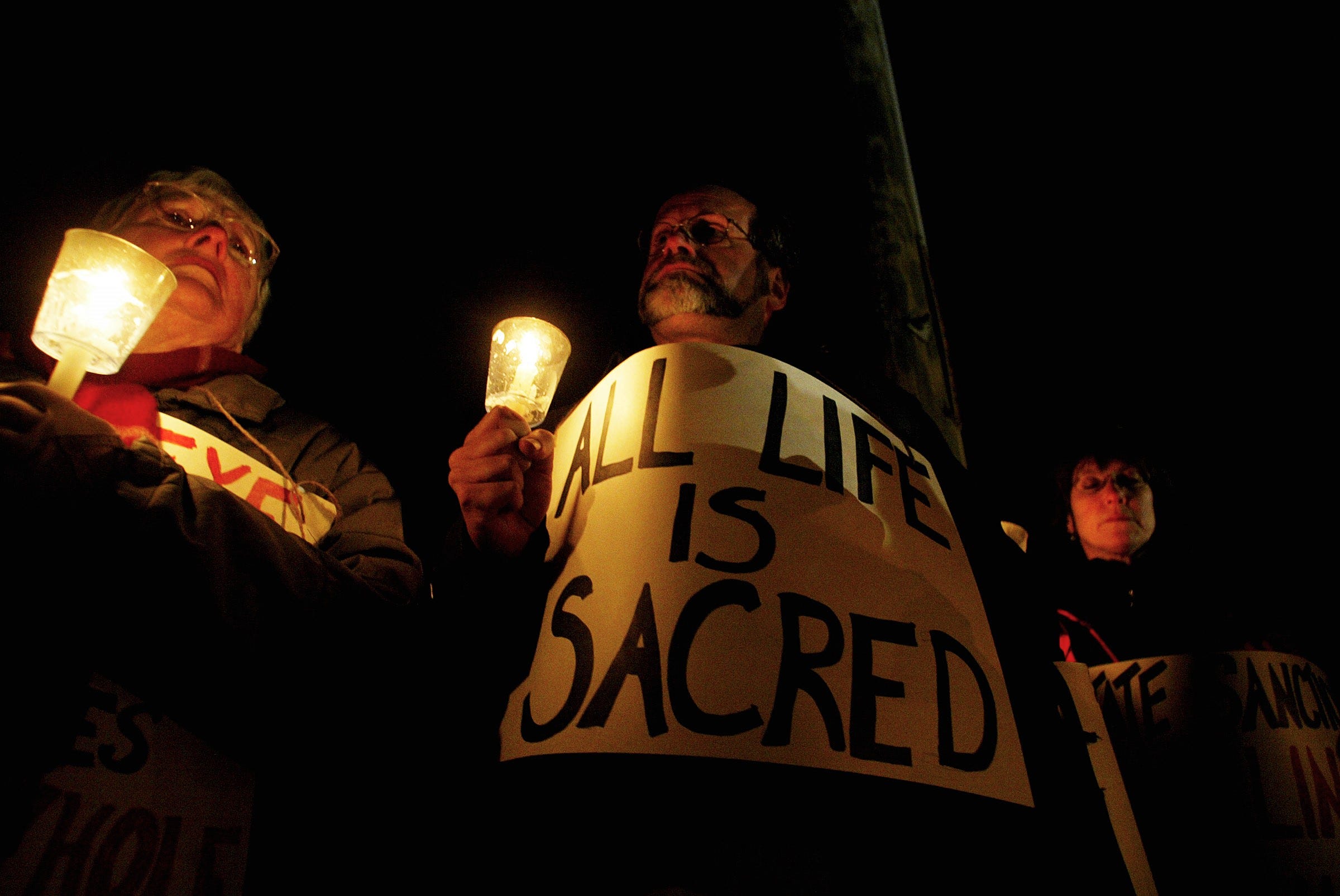Unsettling Advent, Day 5
“The scribes and the Pharisees brought a woman to the temple courts who had been caught in adultery, and, making her stand before all of them, they said to Jesus, ‘Teacher, this woman was caught in the very act of committing adultery. Now in the law Moses commanded us to stone to death such women. Now what do you say?’ … He straightened up and said to them, ‘Let anyone among you who is without sin be the first to throw a stone at her.’” (John 8:3-7)
The above passage of scripture is popular enough that it has worked its way into our colloquial speech. It has come to be a common metaphor for not being a judgmental hypocrite — an example of the maxim “judge not lest ye be judged” from the Sermon on the Mount. But this ubiquitous interpretation obscures that it is on its face also about public executions.
It is telling that the accusers here blatantly misrepresented the law they are referencing. The Mosaic law actually stated that in the case of adultery, both the man and woman must be put to death (Leviticus 20:10, Deuteronomy 22:22). But these scribes and Pharisees mention only “such women.” Many things have changed since these words were written, but not who receives the harshest punishments: those with the least social power.
And if this story is not just about personal morality, what collective sins should keep us from ever throwing stones? We know few details about the woman, but we are far enough away from the way this ancient society was set up to know that she was likely in this situation because somewhere along the way society failed her. Whether that was bad divorce laws that could force her to stay with an abusive husband, a lack of opportunities for economic autonomy, or the imposition of cruel and unusual punishment.

While we no longer have capital punishment for adultery, we do still regularly allow the executions of the least of us — the people who it is easiest to blame for the ways we have failed them and who the powerful can use as tools to leverage political clout. We have traded the horrifying personal experience that must have been death by rocks and (mostly) replaced it with lethal injection administered by someone else so we can feel like “justice” is emotionally detached and clinical.
The Advent season is all about anticipation of the future. But the moral arc of the universe is not something we should passively wait for. If we want it to bend toward true justice, we must actively work to do the bending ourselves. Luckily, this season teaches us that we are not alone in such pursuits.
Jeremy Fuzy is the digital editor at Word&Way.

